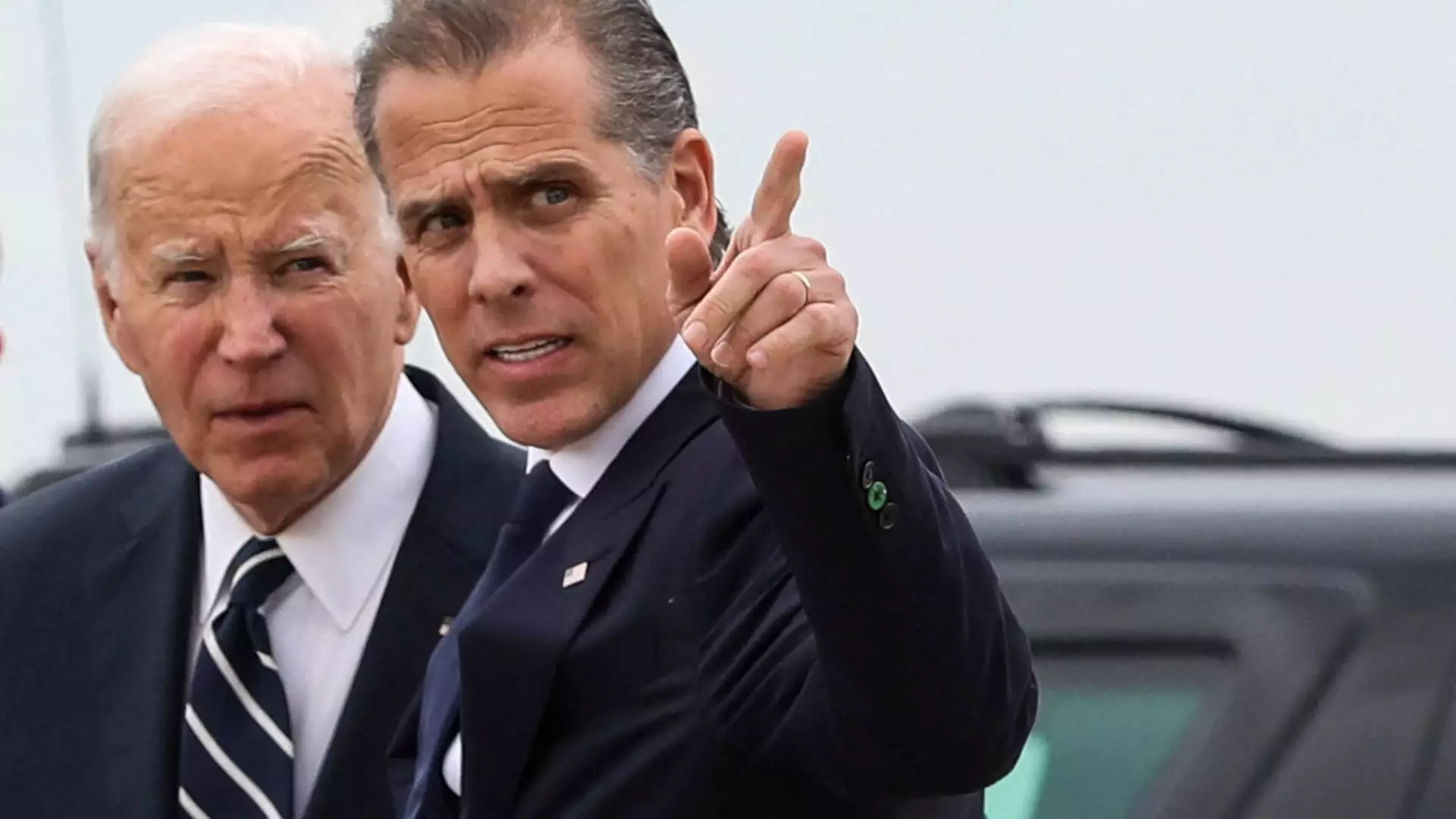In an era where political performance and physical stamina are often mistaken for invincibility, the candid revelations about Joe Biden’s health serve as a stark reminder of the reality often concealed from the public eye. The notion that a former president, an individual entrusted with the highest office in the land, may have relied on prescription medication like Ambien to navigate critical moments raises uncomfortable questions about the endurance and resilience expected of our leaders. It’s easy to idealize politicians as figures of unwavering strength, but beneath the surface, they are vulnerable humans facing the relentless wear of age, stress, and the heavy burden of public scrutiny.
The idea that Biden’s debate performance was compromised by medication unveils a broader truth: age and the accompanying health issues are genuine obstacles that often go unacknowledged or hidden. The narrative that politicians are undefeatable icons becomes increasingly unsustainable when we realize the human toll behind their facade. This revelation pushes us to reconsider how we evaluate leadership and accountability, not just in terms of policy but also physical and mental stamina.
The Political Circus and Selective Transparency
Hunter Biden’s candid comments, while provocative, expose the frustrating reality of political opacity. They offer a rare glimpse into the personal struggles of a leader who appears, at times, unfit for the rigorous demands of office. However, the subsequent feigned ignorance and dismissiveness from official channels highlight a disturbing tendency within political institutions to protect rather than scrutinize. When high-ranking officials invoke their Fifth Amendment rights or dismiss questions through bureaucratic defenses, it underscores a system more interested in damage control than transparency.
This pattern is emblematic of a broader issue: the distortion of political accountability. Instead of fostering honest dialogue about age-related vulnerabilities and cognitive health, the establishment dismisses or obfuscates concerns to preserve a narrative of strength and unassailability. Such tactics feed into public distrust, fueling conspiracy theories and casting a shadow over the integrity of governance. The relentless politicization and strategic stonewalling serve only to deepen citizens’ skepticism about their leaders’ true condition and intentions.
The Weakened Fortress of Democracy
The ongoing investigations into Biden’s mental acuity, coupled with witnesses invoking their rights to silence, expose a democratic system strained under the weight of partisan games. These tactics, far from safeguarding democratic integrity, effectively mute crucial conversations about the health and capability of those wielding immense power. When accountability becomes a bargaining chip, democracy’s foundational premise—government by the people, for the people—begins to crumble.
More critically, the obsession with age, health, and cognitive capacity distracts from the real issues of policy, economic stability, and social justice. Here lies a paradox: questioning a leader’s mental fitness often devolves into partisan weaponization, when in fact it should prompt genuine discussions about feasibility, sustainability, and the moral responsibility of leaders to serve effectively and transparently. Clinging to the facade of youthful vigor and mental sharpness, while ignoring undeniable signs of decline, ultimately undermines the legitimacy of the entire political enterprise.
The Humanity Beneath the Politics
What Hunter Biden’s remarks reveal is perhaps the most profound truth: even those occupying the highest offices are vulnerable. Recognizing this humanity should prompt a more compassionate, realistic view of leadership—one that accepts aging and health challenges as part of the human experience rather than stigmatized weaknesses to hide. Our obligation as citizens is to demand better honesty, not false invincibility, from our leaders.
The real challenge isn’t merely questioning age or health—but embracing a foundational shift in how we perceive leadership itself. Power doesn’t equate to perfection. It’s about resilience, integrity, and honesty. While transparency may threaten the fragile ideal of unassailable authority, it ultimately fortifies the democratic fabric by fostering trust and accountability. Our leaders are human; acknowledging that fact is perhaps the most courageous act of all in defending a genuine, healthy democracy.



Leave a Reply